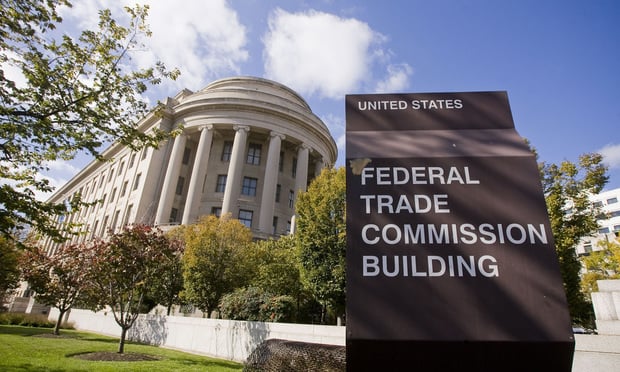The Americans with Disabilities Act (ADA) and the Rehabilitation Act (RA) forbid public entities from excluding individuals with disabilities from services, programs, or activities based on their disabilities. But if a public entity violates these Acts, when does a claim against it accrue for purposes of the statute of limitations?
In Hamer v. City of Trinidad, 924 F.3d 1093 (10th Cir. 2019), a unanimous panel of the 10th Circuit held that a claim under the ADA or RA accrues each day a violation remains uncured. Thus, a plaintiff with a disability may bring a claim at any time, even if the plaintiff discovered the violation outside the applicable two-year limitations period, so long as the violation persisted during any part of that period.









